Visiting a big cat sanctuary is a thrilling and rewarding experience for any cat enthusiast. These sanctuaries serve as safe havens for big cats that have been rescued from difficult situations, and they offer a unique opportunity to observe these majestic creatures up close. However, before you embark on this adventure, it’s important to be well-prepared. Here’s a comprehensive guide on how to make the most of your visit to a big cat sanctuary.
Understanding the Purpose of a Big Cat Sanctuary
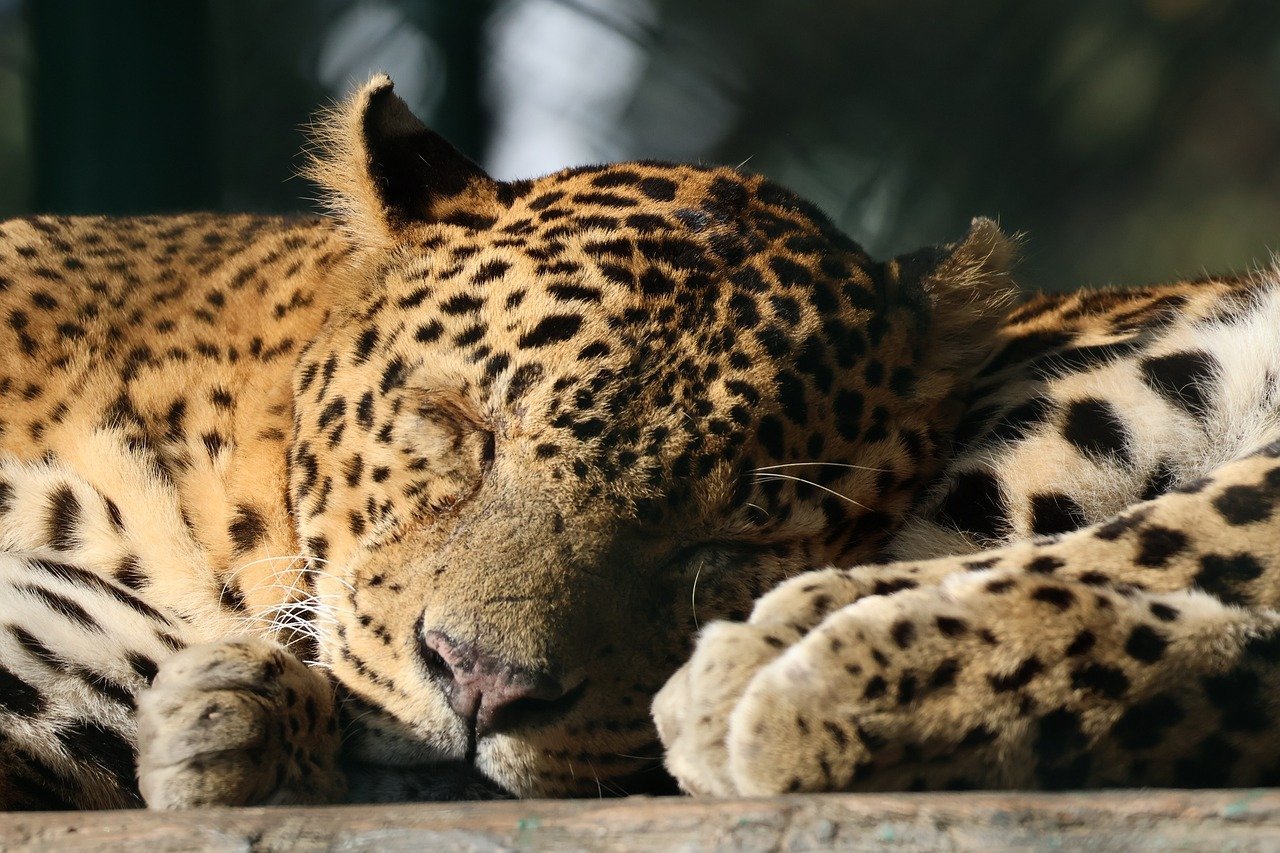
Before you visit, it’s crucial to understand the primary mission of a big cat sanctuary. These facilities are not zoos; they focus on rescuing, rehabilitating, and providing lifetime care for big cats that have been abused, abandoned, or neglected. The sanctuaries aim to offer a naturalistic environment where the cats can live peacefully without being exploited for entertainment. Knowing this will help you appreciate the sanctuary’s role and respect its rules and guidelines.
Researching the Sanctuary
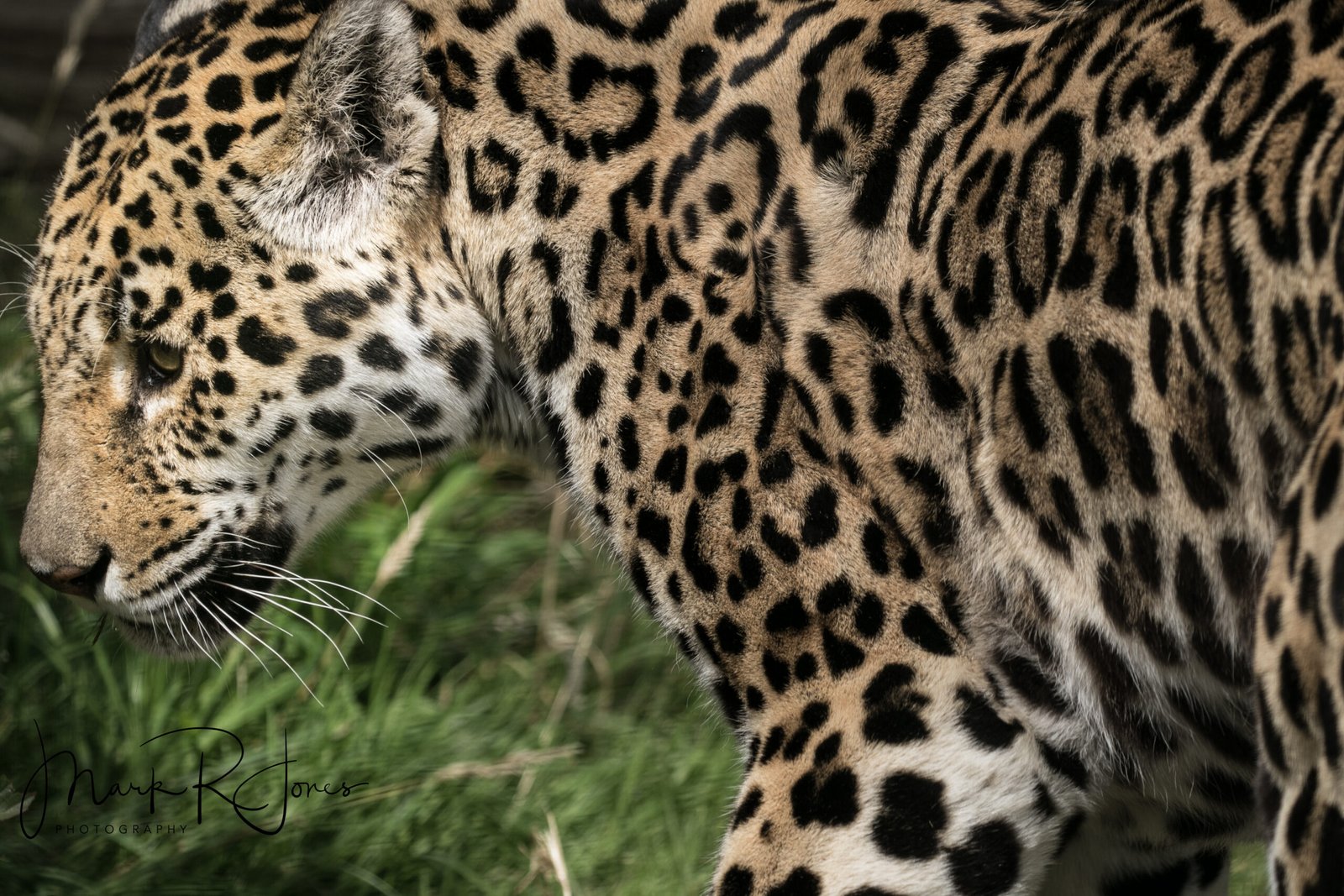
Before visiting, take some time to research the sanctuary you plan to visit. Look for information about its mission, the types of cats it houses, and the sanctuary’s history. Check if the sanctuary is accredited by reputable organizations, which ensures that the facility adheres to high standards of animal care. Reading reviews from previous visitors can also provide insights into what to expect during your visit.
Booking Your Visit in Advance
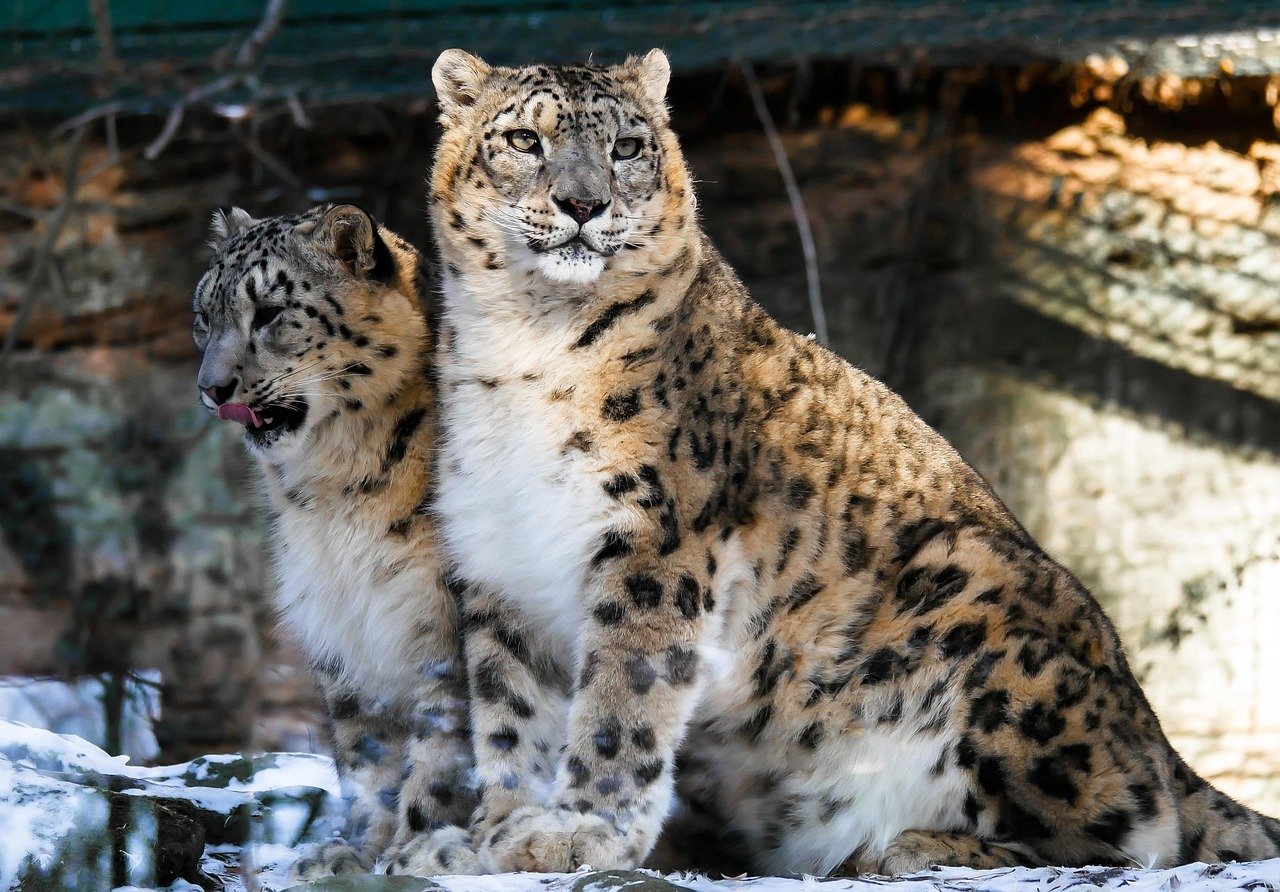
Many sanctuaries require advance bookings, especially during peak seasons or weekends. This helps them manage visitor numbers and ensure a safe, enjoyable experience for both guests and the animals. Check the sanctuary’s website or contact them directly to find out their booking process. Booking in advance also gives you the chance to choose a tour time that fits your schedule.
Dressing Appropriately for the Visit

Comfortable and appropriate attire is essential for a big cat sanctuary visit. Wear sturdy shoes suitable for walking, as you’ll likely be exploring outdoor enclosures. Dress in layers, as the weather can change unexpectedly. Neutral colors are recommended, as bright colors might disturb the animals. Also, consider bringing a hat and sunscreen for protection against the sun.
Bringing the Right Gear

While you want to capture memories, it’s important to be respectful of the animals’ space. Bring a camera with a good zoom lens instead of getting too close to the enclosures. Avoid using flash photography, as it can startle the cats. Binoculars can also be useful for observing the cats from a distance without disturbing them.
Understanding Sanctuary Etiquette

Respecting sanctuary rules is vital for the safety of both the animals and visitors. Keep noise levels down to avoid stressing the cats. Follow all instructions from the sanctuary staff and stay on designated paths. Do not attempt to touch or feed the animals, as this can be harmful to them and dangerous for you. Always prioritize the welfare of the animals above your own curiosity.
Learning About the Cats

One of the highlights of visiting a big cat sanctuary is learning about the different species and individual cats. Take the time to listen to the guides, who can share fascinating facts about the cats’ behaviors, histories, and personalities. This knowledge will enrich your experience and deepen your appreciation for these incredible creatures.
Participating in Educational Programs

Many sanctuaries offer educational programs that provide deeper insights into conservation efforts and the challenges faced by big cats in the wild. These programs often cover topics such as habitat loss, poaching, and the illegal pet trade. Participating in these programs can enhance your understanding and inspire you to support conservation initiatives.
Supporting the Sanctuary’s Mission

Most sanctuaries rely on donations and support from visitors to continue their work. Consider contributing by purchasing merchandise from the sanctuary’s gift shop or making a direct donation. Your support helps cover the costs of food, medical care, and habitat maintenance for the cats.
Respecting the Sanctuary’s Quiet Zones

Some areas of the sanctuary may be designated as quiet zones to allow the animals a peaceful environment. Respect these zones by maintaining silence and refraining from using electronic devices. This not only benefits the cats but also enhances your own experience by allowing you to observe the animals in a serene setting.
Understanding the Sanctuary’s Conservation Efforts
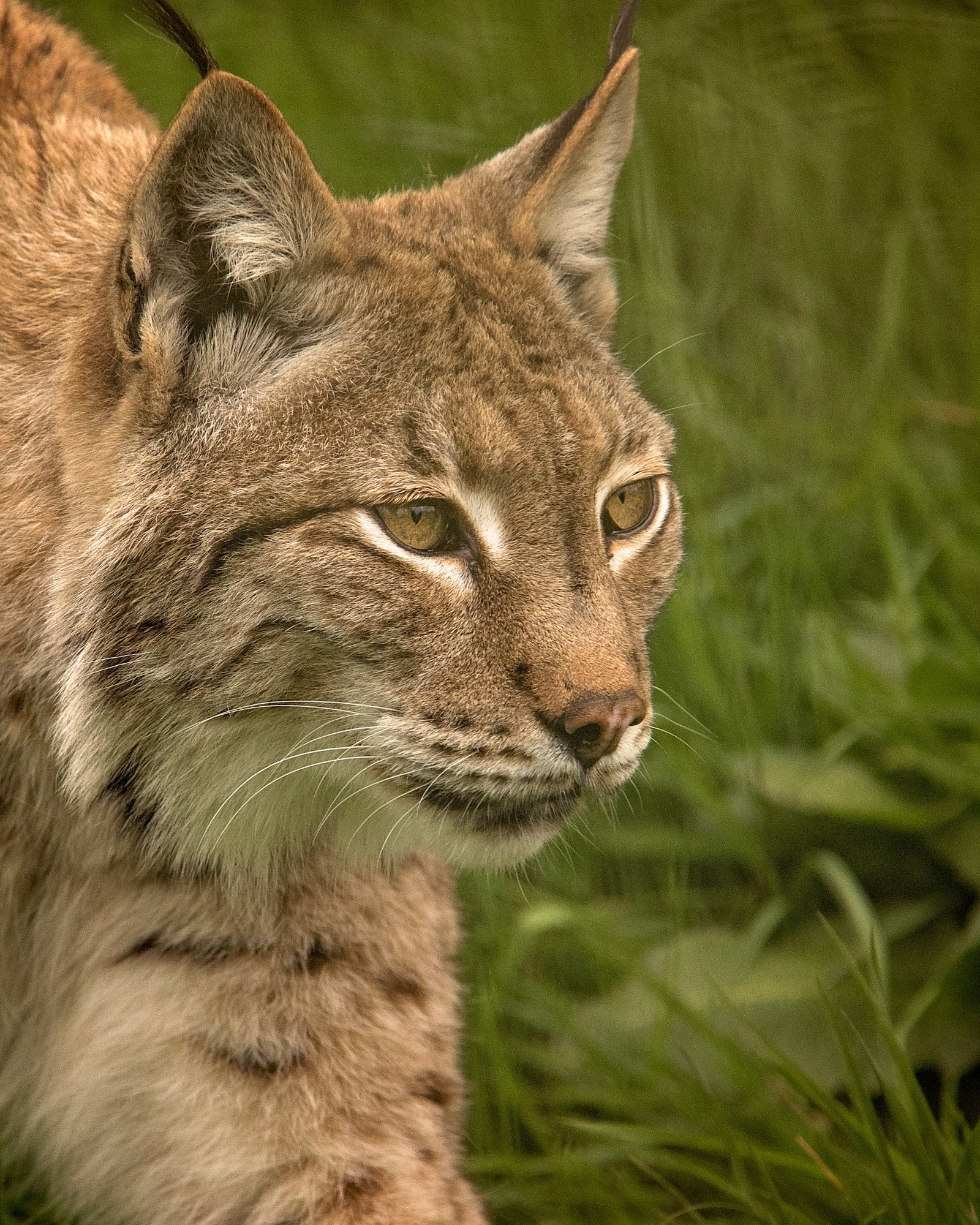
Big cat sanctuaries often play a significant role in conservation efforts. Learn about the sanctuary’s involvement in breeding programs, habitat restoration, and advocacy initiatives. Understanding these efforts can give you a broader perspective on the importance of sanctuary work and how it contributes to global wildlife conservation.
Engaging with Sanctuary Staff

Sanctuary staff are a valuable resource for information and insights. Don’t hesitate to ask them questions about the cats, the sanctuary’s operations, or conservation topics. Engaging with the staff can provide you with a more personalized and informative experience.
Being Patient and Observant
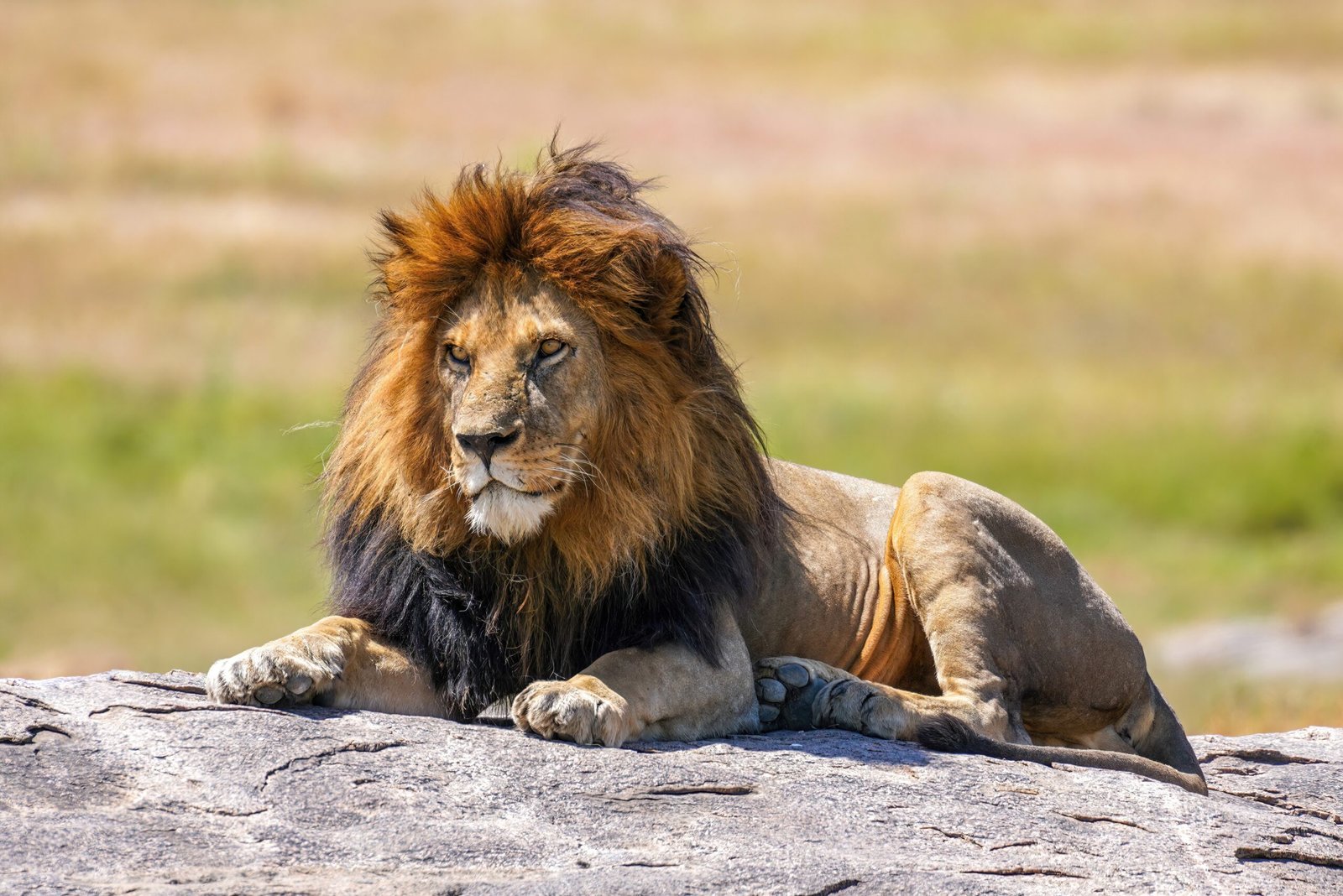
Cats, big or small, can be elusive and independent creatures. Sometimes they might be hidden or resting when you visit. Patience is key; take your time and observe quietly. You might catch a glimpse of their natural behaviors, such as playing, grooming, or vocalizing, which can be truly memorable moments.
Preparing Children for the Visit

If you’re visiting with children, prepare them by explaining the purpose of the sanctuary and the importance of respecting the animals. Encourage them to ask questions and listen to the guides. Keeping children engaged and informed will help them have a meaningful and educational experience.
Understanding the Importance of Conservation

A visit to a big cat sanctuary is a great opportunity to learn about the broader issues of wildlife conservation. Understand how sanctuaries contribute to the protection of endangered species and the preservation of biodiversity. This knowledge can inspire you to become an advocate for conservation in your own community.
Bringing Snacks and Water

Most sanctuaries have limited food facilities, so it’s a good idea to bring your own snacks and water. Stay hydrated, especially if you’re visiting during warmer months. Be mindful of disposing of any trash properly to keep the sanctuary clean and safe for the animals.
Documenting Your Experience

Documenting your visit can help you remember the experience and share it with others. Keep a journal or take notes on interesting facts, personal reflections, and memorable moments. This can also be a great way to share your experience with friends and family who couldn’t join you.
Reflecting on the Experience

After your visit, take some time to reflect on what you’ve learned and experienced. Consider the impact of seeing these animals up close and the importance of supporting their conservation. Reflecting on your visit can deepen your appreciation and commitment to wildlife protection.
Encouraging Others to Visit

Sharing your experience with others can encourage them to visit a big cat sanctuary and support conservation efforts. Share photos, stories, and insights with your social network. By spreading awareness, you can contribute to a greater understanding and appreciation of wildlife conservation.
In conclusion, visiting a big cat sanctuary is more than just an opportunity to see magnificent animals up close. It’s a chance to learn, support conservation, and make a positive impact. With the right preparation and mindset, your visit can be a rewarding and unforgettable experience.
Hi, I’m Bola, a passionate writer and creative strategist with a knack for crafting compelling content that educates, inspires, and connects. Over the years, I’ve honed my skills across various writing fields, including content creation, copywriting, online course development, and video scriptwriting.
When I’m not at my desk, you’ll find me exploring new ideas, reading books, or brainstorming creative ways to solve challenges. I believe that words have the power to transform, and I’m here to help you leverage that power for success.
Thanks for stopping by, Keep coming to this website to checkout new articles form me. You’d always love it!






